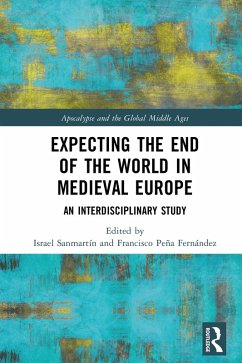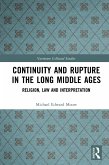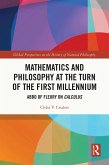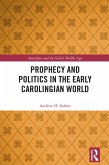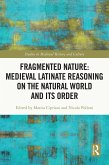The book is organized in eleven chapters which reflect and explore the following arguments: the study of specific eschatological episodes in medieval Europe and their interpretations; the analysis of apocalyptic visionaries, apocalyptic authors, and their individual contributions; the social and political implications of eschatology in medieval society; the study of medieval apocalyptic literature from a rhetorical, narratological, and historiographical perspective; the history of the transmission of apocalyptic literature and its transformation over time; and a comparative examination of apocalypticism between the Middle Ages and the Early Modern era.
This study provides a lens through which academics, specialists, and interested researchers can observe and reflect on this entire eschatological universe, dwelling both on well-known texts, authors, and events, and on others which are much less popular. In gathering different paradigms, tools, and theoretical frameworks, the book exposes readers to the complex reality of medieval anxiety regarding the end of the world.
Dieser Download kann aus rechtlichen Gründen nur mit Rechnungsadresse in A, B, BG, CY, CZ, D, DK, EW, E, FIN, F, GR, HR, H, IRL, I, LT, L, LR, M, NL, PL, P, R, S, SLO, SK ausgeliefert werden.

